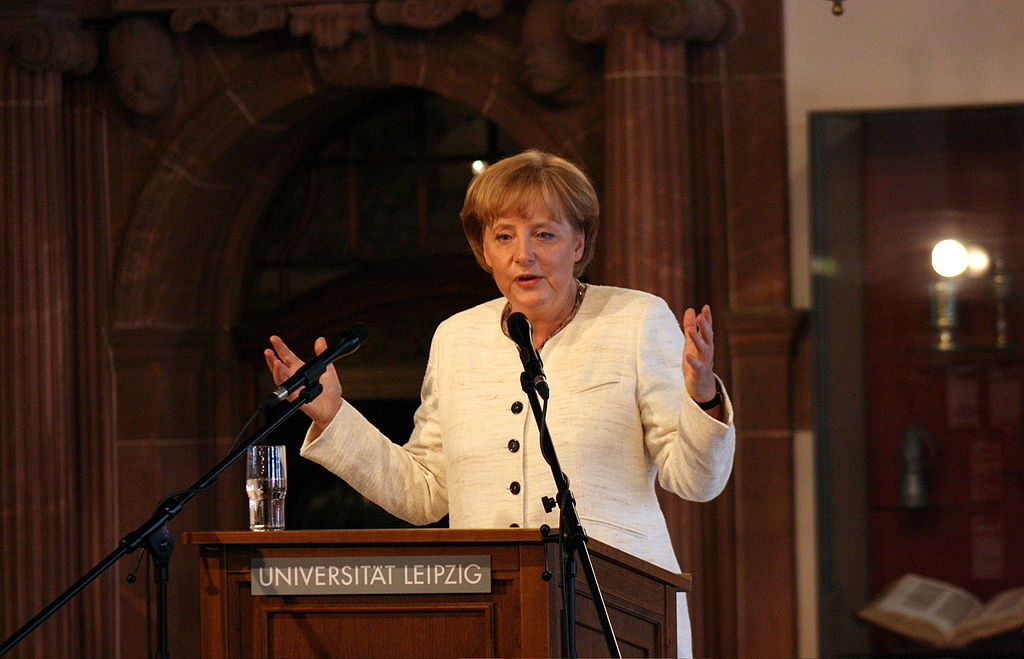Angela Merkel – A Portrait

world’s most powerful woman Federal Chancellor of Germany Dr. Angela Merkel
Oberservers say there has been an immediate sympathetic atmosphere when the Indian Prime Minister Manmohan Singh first met his German counterpart Angela Merkel at the Hannover Trade Fair in April 2006. He – the Sikh from Punjab- and she – the protestant woman from eastern Germany. Both not being the typical representatives of their state and only shortly in office. Both looking back at academic careers, making their way to politics through powerful mentors. He is internationally regarded as the architect of the reforms helping the Indian economy to grow like never before, she was considered to be the “World’s Most Powerful Woman” at present in Forbes Magazine.
Childhood in communist Germany
Merkel was born in Hamburg. When her father, a Lutheran pastor, received a pastor ship at the church in a small town in the state of Brandenburg, the family moved to Templin, north of Berlin- which was at that time considered communist East Germany. Even today that connection to her roots has quite an importance to Angela Merkel. She once said: “I consider it very important for political leaders, even when they are in government, to have a local voting district.” After spending her childhood in a small town, Merkel studied physics in Leipzig and earned her Ph.D. at the East German Academy of Sciences based on a doctoral thesis on quantum chemistry. And after being rewarded the doctorate, she worked in the research field.
At the age of 35 Angela Merkel got involved in the growing democracy movement after the fall of the Berlin Wall in 1989. She joined the newly established party Demokratischer Aufbruch- Democratic Awakening. After the collapse of the communist regime, she appeared on the political stage for the first time. Following the first democratic election of the East German state, she became the deputy spokesperson of the new pre-unification caretaker government. At the first pre-unification general election in 1990 she was elected to the Bundestag and her party merged with the West German CDU (Christian Democrats).
Kohl’s Girl
Shortly after this, Angela Merkel’s career took off. The West German Chancellor Helmut Kohl named her his Minister for Women’s and Youth Affair. In 1994 she became Minister for Environment and Reactor Safety and was the youngest minister in Helmut Kohl’s 3rd cabinet. As his protégées, the media called her “Kohl’s girl”. During this time she surely gained a greater political visibility and a platform on which she could build her political career. Despite her male colleagues Angela Merkel was not trying hard to earn political prominence, she was rather pulling the strings strategically from behind. She first came to prominence during the CDU party slush scandal by criticizing her former mentor Helmut Kohl and advocating a fresh start of the party without him. When Kohl lost the election in 1998, Merkel was named the Secretary-General of the CDU. In 2000 Merkel was elected to become the CDU party chairman, thus becoming the first female chair of her party. Even though opponents stated that she lacked all the attributes which are necessary to become a successful politician since the hasn’t been a member of the Youth Association of her party and thus didn’t seem to have a broad base of political contacts. And as a protestant lady she doesn’t quite fit the original composition of the party: the CDU is a male-dominated, socially conservative party with deep Catholic roots. But as the leader of the CDU Merkel enjoyed more and more popularity. From 2002-2005 she was the chairwoman of the CDU-CSU (Christian Social Union-sister party of the CDU) parliamentary party group.
First Female Chancellor
In the federal election in November 2005 Merkel ran against former Federal Chancellor Gerhard Schröder. She won, became Germany’s 8th post-World War II leader and now leads Germany’s Grand coalition. Dr. Angela Merkel is simultaneously the first female Chancellor of Germany since it became a modern nation-state in 1871 and also the first eastern German to hold the office. She is the youngest person to be the German Chancellor since the Second World War. And in 2007 she became the second woman to chair a G 8 summit after Margaret Thatcher. As a strong self-confident female politician from a centre right party and a scientist, Merkel has been compared by many to the former British Prime Minister Thatcher. After her election Social Democrat Peter Struck pointed out: ”Any woman who can fight her way to the chancellorship of the Christian Democratic Union has certain strengths!” Observers say she will surely need her reputed toughness to push fundamental reforms through while holding a potentially fractious Grand coalition with the Social Democrats together. When Merkel became Chancellor two years ago Germany had the lowest economic growth in Europe. Thus she announced in her first government address the objective of improving the German economy and reducing unemployment. In early 2006, polls showed that Angela Merkel had the highest approval rate among Germans ever to be recorded for a chancellor since 1949. However her popularity has fallen and risen on and off since then.
On the way to India
India has been a stranger for Angela Merkel so far. But her visit to the Asian country is coming up soon: in autumn of this year Germany’s Chancellor will join a business delegation to visit India. It will be her first visit to India.
Text: Daniela Singhal
Bild: Angela Merkel after receiving an honorary doctorate at Leipzig University
Episode 14: The Wisdom Workshop Chapter 7 “Leadership & Consciousness Development”
“Everyone lives in a different world in the same environment “ (Arthur Schopenhauer)
How can it be that the development of humans from a baby to an adult goes through so many stages? From just being and being needy to a person with the ability to think in complex ways and find solutions on complex questions? How can it be that own brothers and sisters, who were raised by the same parents, have total different world views, same with the colleague sitting next to you in the office, working for the same company? What does consciousness development mean for today’s leadership in Teams, but also in Politics and economics? What kind of leader do we need to implement the so badly needed CHANGE or PARADIGMSHIFT that is connected to the Value system?
Watch or listen to this Episode:
Episode 13: The Wisdom Workshop Chapter 6 “Emotional Hygiene”
“If you don’t let your past die, then it won’t let you live.” (Dr. Traci Lynn)
We wake up every morning do our daily routine, especially the morning toilet, where we keep ourselves clean by brushing teeth, having shower and so on. I ask myself why do we not do that with our Emotions. What happen if we integrate this in our daily rituals? And what possibilities exist to practice emotional hygiene?
Following statement on Pinterest nails it:
“Feeling the need to be busy all the time is a trauma response and fear-based distraction from what you’d be forced to acknowledge and feel if you slowed down”. (Unknown)
Listen to or watch our thoughts on this topic:
Episode 12: The Wisdom Workshop INTERVIEW with Nicole Sagner on Passion & Purpose
“If you can’t figure out your purpose, figure out your passion. For your passion will lead you right into your purpose.” – Bishop T.D. Jakes
What does Leadership have to do with wildlife? My old school friend Nicole Sagner, who is a trails guide in the Etosha Park in Namibia gives us an insight on what she learned about planet, animals, the ecosystem and the link to us humans. Listen to her experiences in the corperate world and her to follow her inner voice to find her passion. And through her passion finding her purpose. A wonderful voice that has so many important stories to tell.
Listen to or watch the interview.
Episode 11: The Wisdom Workshop Chapter 5 “Individualism & Collectivism”
“If you want to go fast, go alone. If you want to go far, go together.” (African proverb)
What influence do collectivism and individualism have on our societies and what do feminine and masculine qualities have to do with this?
When we do things consciously on behalf of our Ego we do consciously things on behalf of the whole.
Watch this chapter on why it is important to have a look in the context to what we do individually which has an impact on the collective.
Episode 10: The Wisdom Workshop Chapter 04 “Goals & Vision of a new era”
“When learning is purposeful, creativity blossoms. When creativity blossoms, thinking emanates. When thinking emanates, knowledge is fully lit. When knowledge is lit, economy flourishes.”
― A.P.J. Abdul Kalam, Former Indian President
What politics, economics and individuals should question nowadays is: If we talk about goals, what qualities should these goals have nowadays? Is it about materialism or should they also question the purpose? Why are we doing or creating something? IS the planet included?
Listen to or have a look at our conversation!

